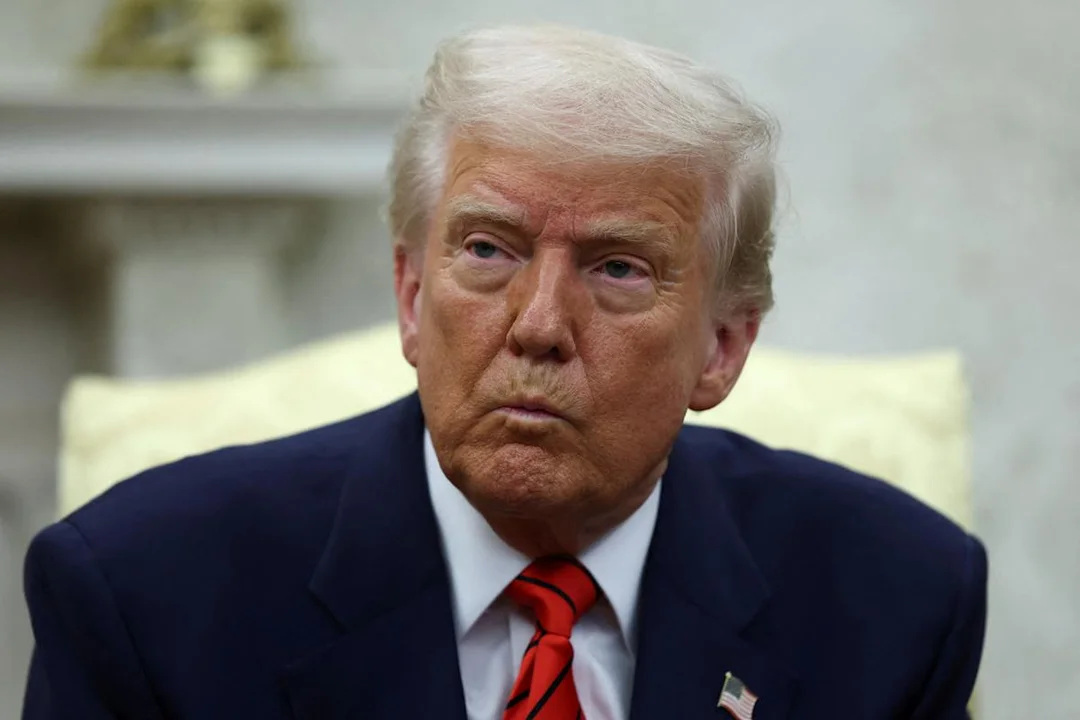
Trump Teases Reciprocal Tariffs on Autos and Pharmaceuticals
Former President Donald Trump has once again raised the specter of reciprocal tariffs, particularly targeting the auto and pharmaceuticals sectors. Speaking at a recent rally, Trump hinted at imposing levies on foreign automobiles and drugs, suggesting a tit-for-tat approach to trade imbalances. This move echoes his previous administration's aggressive trade policies, which included tariffs on steel and aluminum that sparked global trade tensions.
Trump's comments come at a time when trade relations, especially with China, remain a hot-button issue. The former president criticized what he perceives as unfair trade practices and hinted at the possibility of using tariffs as leverage in negotiations. His remarks have reignited discussions about the potential impact on global markets, with analysts expressing concerns over rising costs for consumers and disruptions in supply chains.
The threat of reciprocal tariffs has put industries on alert, as businesses brace for potential changes that could affect their bottom line. While some see this as a strategy to level the playing field, others worry about the broader economic repercussions. As the political landscape continues to evolve, Trump's tariff proposals are likely to remain a key topic in the ongoing debate over international trade policies.